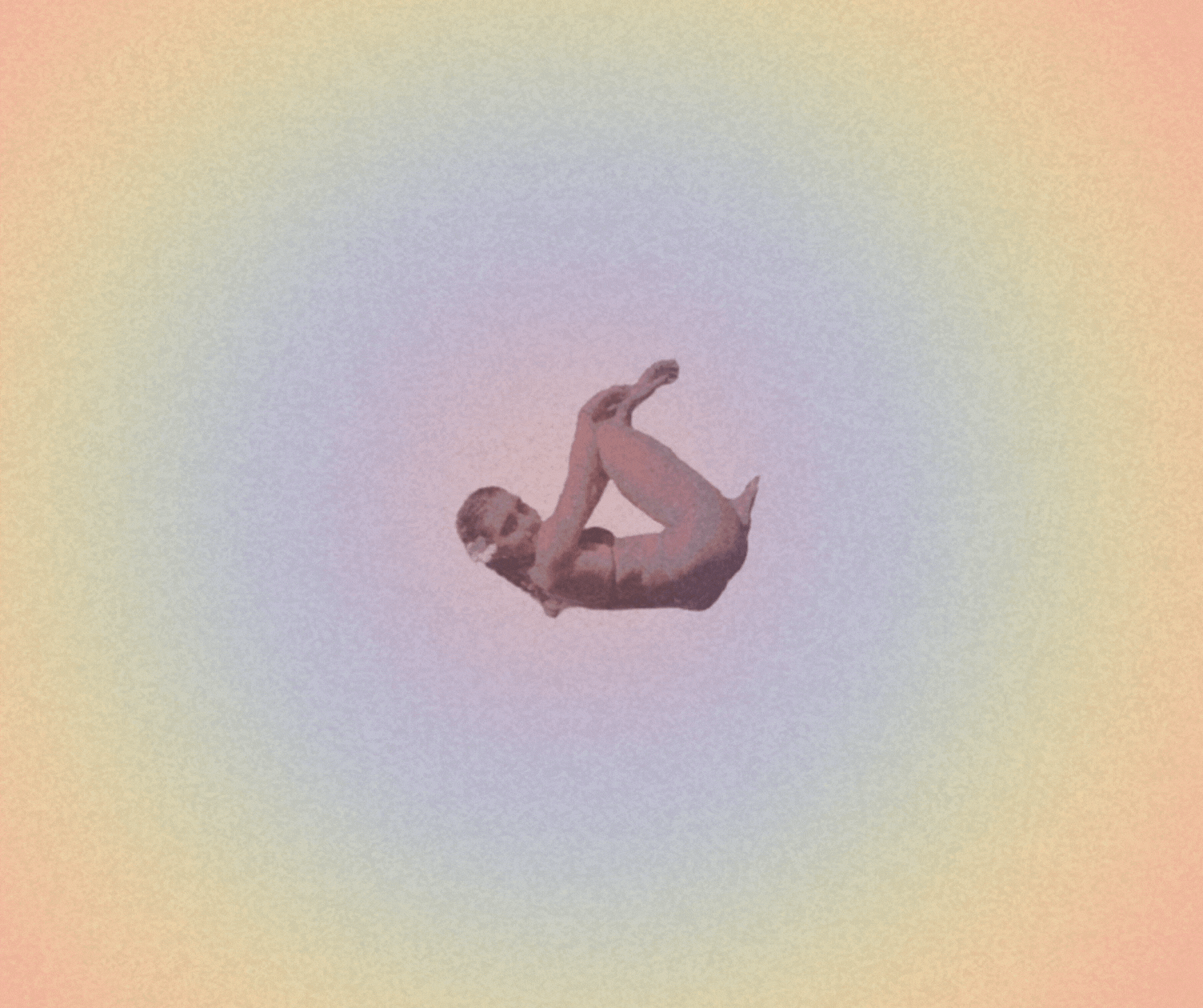Written by Dr. Lotfi, PHD in Neuroscience.
Thinking of replacing your antidepressants with microdosing?
Many people today are rethinking how they care for their mental health, questioning not only how antidepressants really work, but also whether other tools, like microdosing, might offer something different, something more natural.
Some are curious about combining their current medication with microdosing and some are considering replacing their antidepressants entirely. In this guide, we’ll explore both paths: combining, replacing, and what to know if you are standing at this crossroads.
What is microdosing?
Microdosing is the practice of taking very small amounts of a psychedelic compound, like psilocybin found in truffles. The effects are close to sub perceptual and you will not "get high"
The experience is subtle: a shift in how we feel, think, and move through our day, rather than a dramatic change.
Many people turn to microdosing seeking more mental clarity, emotional resilience and a deeper sense of connection to themselves.
Although research is still growing, countless personal experiences suggest that microdosing can open new pathways for healing and wellbeing.
How does microdosing work?
Microdosing psilocybin interacts with the brain’s serotonin system, particularly by activating 5-HT2A receptors, which play a role in our mood, imagination, and cognitive flexibility.
One important effect of this activation is a temporary loosening of the Default Mode Network (DMN), this is the network in the brain associated with self-focused thinking and known emotional patterns.
When the DMN becomes less rigid, different areas of the brain can communicate more freely, and this encourages new connections and perspectives.
Over time, this more open brain activity can support greater neuroplasticity, the ability of the brain to form new neural pathways. This capacity is thought to underlie emotional adaptability, creative problem-solving, and resilience to stress.
Unlike antidepressants, which primarily focus on increasing serotonin levels to stabilize mood, microdosing appears to work by promoting a more flexible and dynamic brain environment.
What the research says about microdosing and mental health
Scientific interest in microdosing has grown rapidly in recent years, with early studies suggesting that it may offer real benefits for mental health and emotional wellbeing.
In a landmark 2022 study published in Nature Scientific Reports, researchers found that participants who microdosed psilocybin reported significant improvements in mood, focus, and overall mental health, often outperforming results typically seen with traditional antidepressants.
Beyond mood regulation, participants also reported gains in creativity, emotional adaptability, and cognitive flexibility.
While larger clinical trials are still needed to fully understand its long-term effects, these early findings support the idea that microdosing may offer a broader and more dynamic approach to supporting mental and emotional resilience.
How do antidepressants work?
Antidepressants, particularly SSRIs (Selective Serotonin Reuptake Inhibitors), are designed to influence how the brain processes serotonin, a chemical messenger that helps regulate mood, emotions, and a sense of connection.
Normally, once serotonin passes a signal between brain cells, it is reabsorbed and recycled. SSRIs work by slowing down this reabsorption process, meaning more serotonin stays active in the spaces between our neurons.
By increasing the availability of serotonin, antidepressants are meant to stabilize mood and reduce symptoms of depression and anxiety.
However, the experience is far from ideal for many. A sense of feeling emotional flat or disconnected are often reported by people on antidepressants. Others struggle with side effects such as sleep disturbances, changes in libido, weight fluctuations, or a general dulling of their emotional life.
While antidepressants can be life-changing for many, they often focus on symptom management rather than addressing the deeper causes of emotional suffering.
Can you safely combine microdosing with antidepressants?
Current studies, including research published in Clinical Pharmacology & Therapeutics, suggest that combining microdosing with SSRIs (Selective Serotonin Reuptake Inhibitors) is generally considered safe.
However, be aware, not all antidepressants interact the same way with psychedelics:
-
SSRIs: Generally safe to combine with microdosing, based on current research.
-
SNRIs (Serotonin-Norepinephrine Reuptake Inhibitors): Likely similar to SSRIs, but less extensively studied.
-
MAOIs (Monoamine Oxidase Inhibitors): Should not be combined with psilocybin. The risk is an overstimulation of the serotonin system, leading to intensified effects or, in rare cases, serotonin syndrome.
Serotonin syndrome is a condition caused by excessive serotonin levels in the brain.
However, serotonin syndrome has only been observed with very high doses of psilocybin or when combined with certain high-risk medications, such as MAOIs.
With microdosing levels and standard antidepressants like SSRIs, the risk remains extremely low.
What to know if you are considering replacing antidepressants
If you are looking to reduce or replace antidepressants medication altogether it’s important to approach it with care, patience, and support.
- If possible work with a healthcare provider who understands psychedelics and mental health to create a tailored tapering off plan
- Find a trusted source of psilocybin. Psilocybin truffles are often preferred over dried mushrooms because they contain a consistent 0.1 mg of psilocybin per gram, making them safer and dose-reliable
- Be accompanied! Microdosing is not a magic bullet but rather an invitation to work with yourself and find out what pushed you to start antidepressants to begin with
- Be patient with yourself. Tapering off antidepressants can take several months, depending on your medication type and duration of use. Don't expect miracles overnight but rather set long term goals and keep tracking your emotional state and progress.
Why microdosing may outperform antidepressants
Traditional antidepressants work by stabilizing mood but often leave users feeling emotionally “flat” or disconnected. In contrast, microdosing psilocybin has been shown to:
- Encourage emotional adaptability
- Support creativity and problem-solving
- Reduce feelings of stagnation or emotional numbness
“Mindful Microdosing is a true game changer and a true gift. In the now 7 weeks of microdosing, I've experienced a huge change in every aspect of my life. A wonderfully upleveled self esteem, higher energy levels, calmness and focus. As a woman with ADHD and in the midst of her perimenopausal adventure...I'm just so grateful!"Karolina Zagorowski
Why a structured program enhances microdosing outcomes
Microdosing is not simply about taking small amounts of psilocybin and expect life magically transform, in fact the real transformation often comes from how intentionally you work with the experience.
Without structure, it can be very easy to miss the subtle shifts happening over time, or move too quickly, without giving newly found insights space to really develop. Discover how you mind can work with microdosing in our article here.
A structured approach to microdosing provides:
-
Clear pacing: Knowing when to dose and when to pause helps your body and mind adjust naturally.
-
Guided reflection: Exercises, journaling, and mindfulness practices deepen the emotional and cognitive benefits of microdosing.
-
Tracking changes: Recording your energy, mood, and patterns over time helps you see progress that might otherwise feel invisible.
At Mabel, we created our Microdosing Program to offer this kind of steady, nurturing framework: a way to move gently and consciously through change, with expert-designed classes, tools for self-reflection, and a community space for shared growth.
Choosing your microdosing journey
Microdosing offers more than symptom management, it invites a different relationship with mental health; one based on flexibility, resilience, and self-connection.
Whether you are combining it with antidepressants or considering a gradual transition, the most important part is moving with care, structure, and patience.
Healing is not about speed. It’s about choosing a path that supports your full unfolding, in your own time, and in your own way.
![]()
Disclaimer: This content is for informational purposes only and not medical advice.
Read more

Tired of battling your own body? Living with an autoimmune condition can feel like an endless fight. But what if there was a way to support your journey with something unexpected? Discover how micr...

What can microdosing do for me? Have you ever wondered, “What does microdosing feel like, and what can it do for me?” To explain the benefits of microdosing psilocybin, I always use this simple yet...



